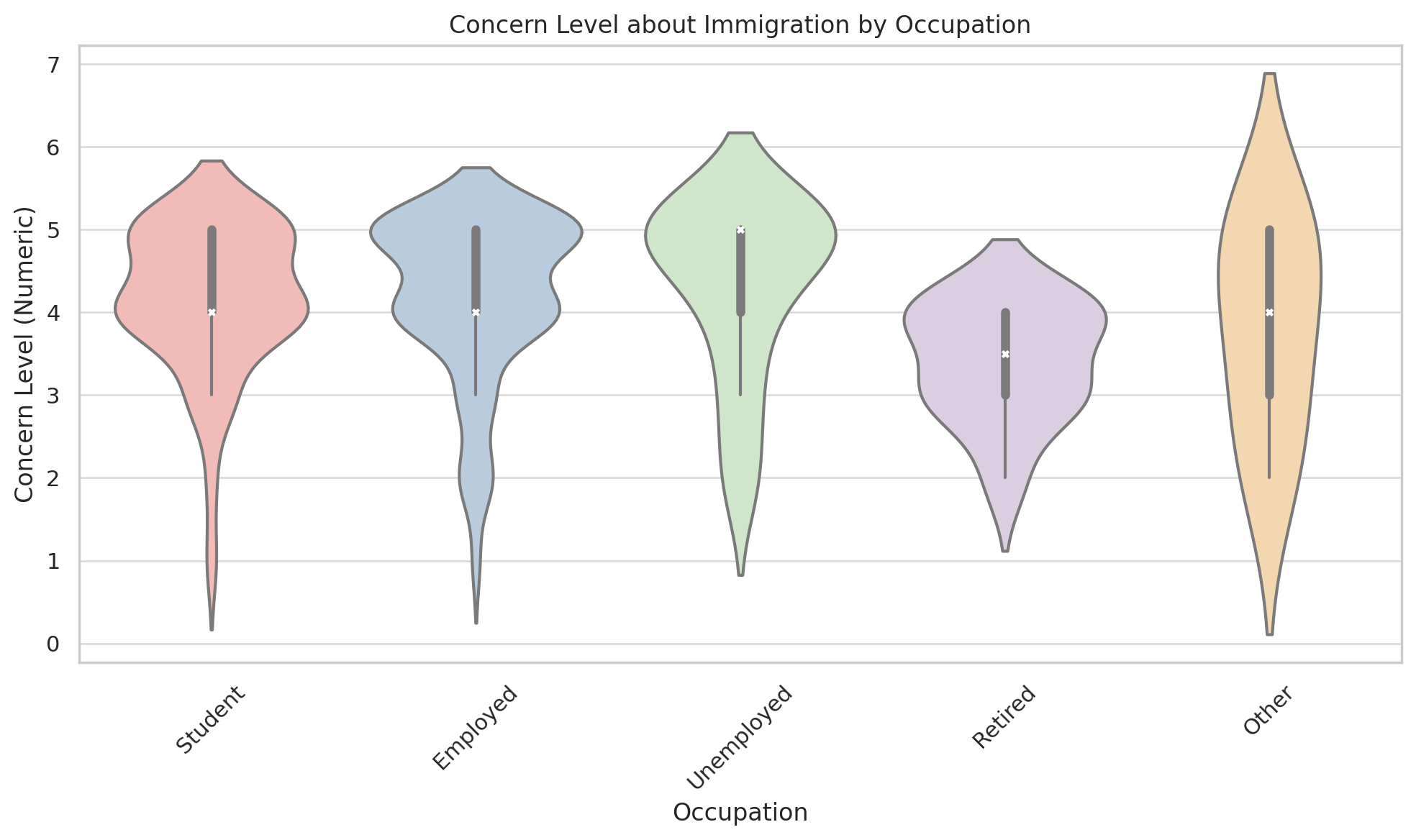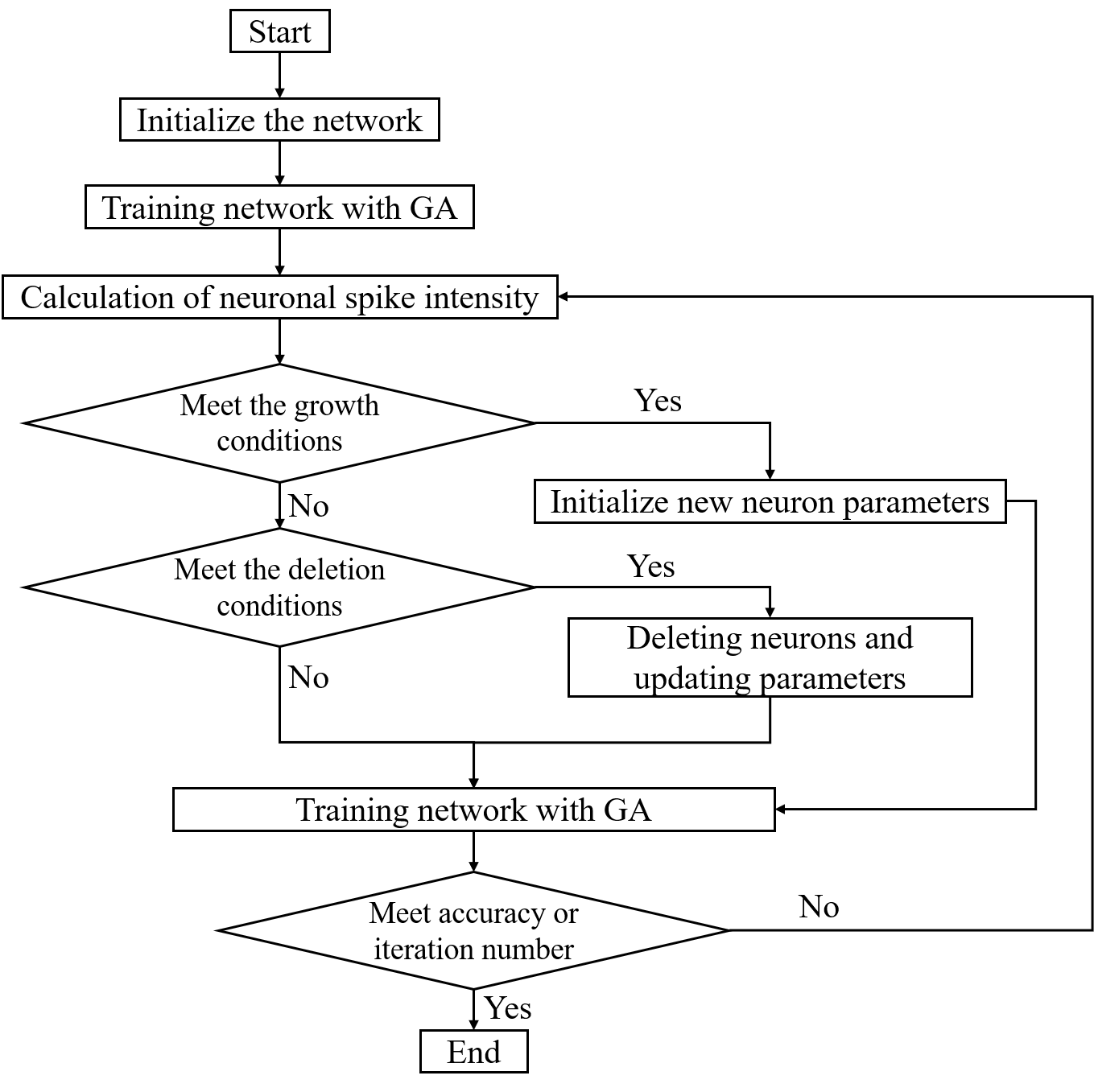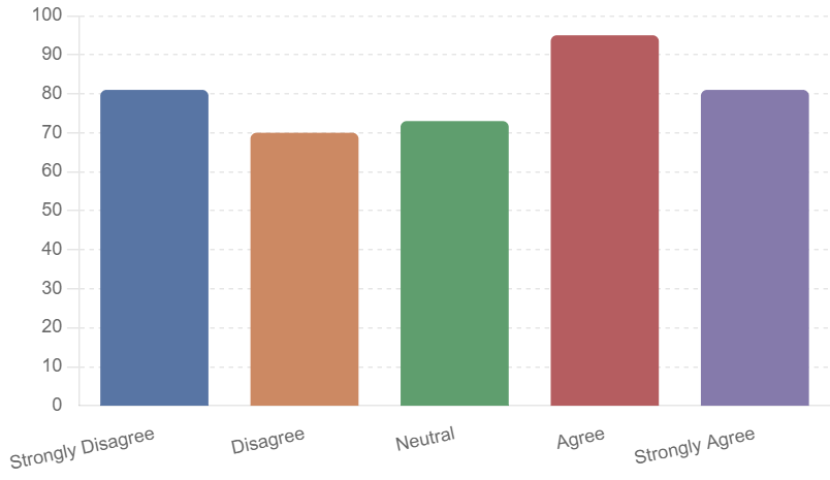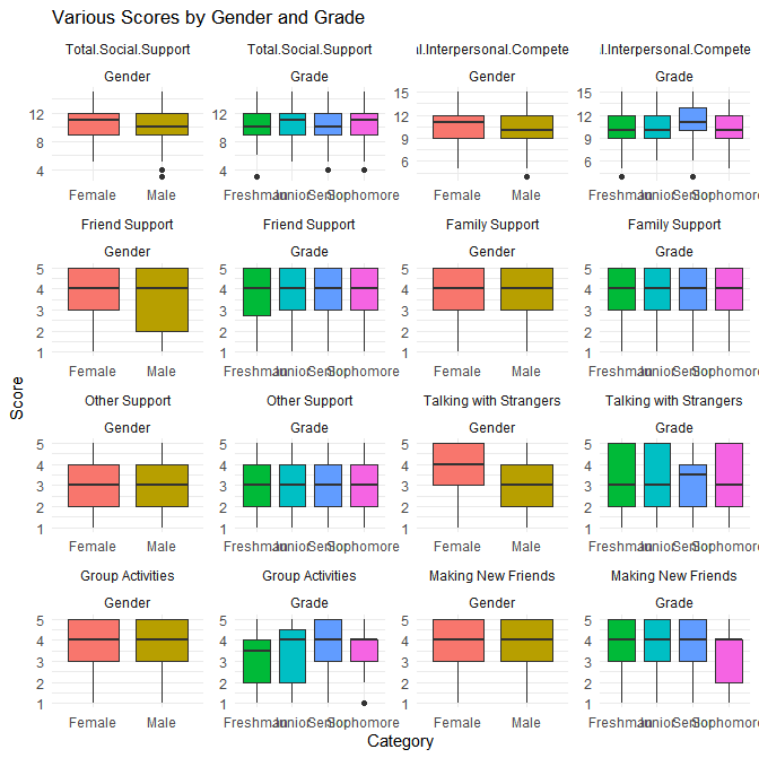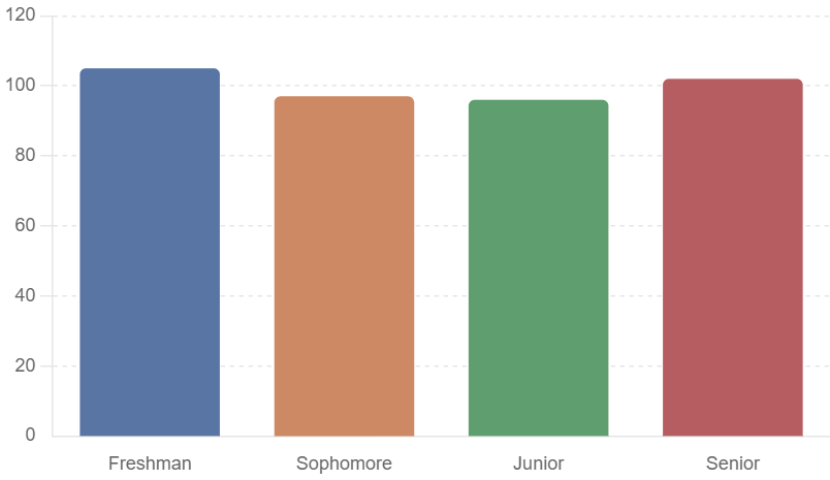 An open access journal
An open access journal
Gender and Academic Year Differences in Social Support and Interpersonal Competence Among University Students: An Empirical Analysis
Abstract
This study investigates the relationships between social support, interpersonal competence, gender, and academic year among university students. Using the Social Support Questionnaire (SSQ) and the Interpersonal Competence Questionnaire (ICQ-15), data were collected from 400 students. The analysis revealed significant gender differences, with female students reporting higher levels of total social support and interpersonal competence compared to males. Notably, females showed greater friend and family support. Additionally, seniors displayed higher interpersonal competence than freshmen and sophomores, indicating skill development over time. However, social support levels remained consistent across academic years. These findings highlight the necessity for gender-sensitive and developmentally appropriate interventions to enhance student well-being and success. Universities should implement targeted programs to develop interpersonal skills, particularly for male students and early-year undergraduates, fostering a supportive academic environment. Future research should explore additional factors influencing social support and interpersonal competence to further inform effective student support strategies.
Show Figures
Share and Cite
Article Metrics
References
- Cobb, S. (1976). Social support as a moderator of life stress. Psychosomatic Medicine, 38(5), 300-314.
- Tinto, V. (1993). Leaving College: Rethinking the Causes and Cures of Student Attrition. University of Chicago Press.
- House, J. S., Umberson, D., & Landis, K. R. (1988). Structures and processes of social support. Annual Review of Sociology, 14(1), 293-318.
- Buhrmester, D., Furman, W., Wittenberg, M. T., & Reis, H. T. (1988). Five domains of interpersonal competence in peer relationships. Journal of Personality and Social Psychology, 55(6), 991-1008.
- Cohen, S., & Wills, T. A. (1985). Stress, social support, and the buffering hypothesis. Psychological Bulletin, 98(2), 310-357.


